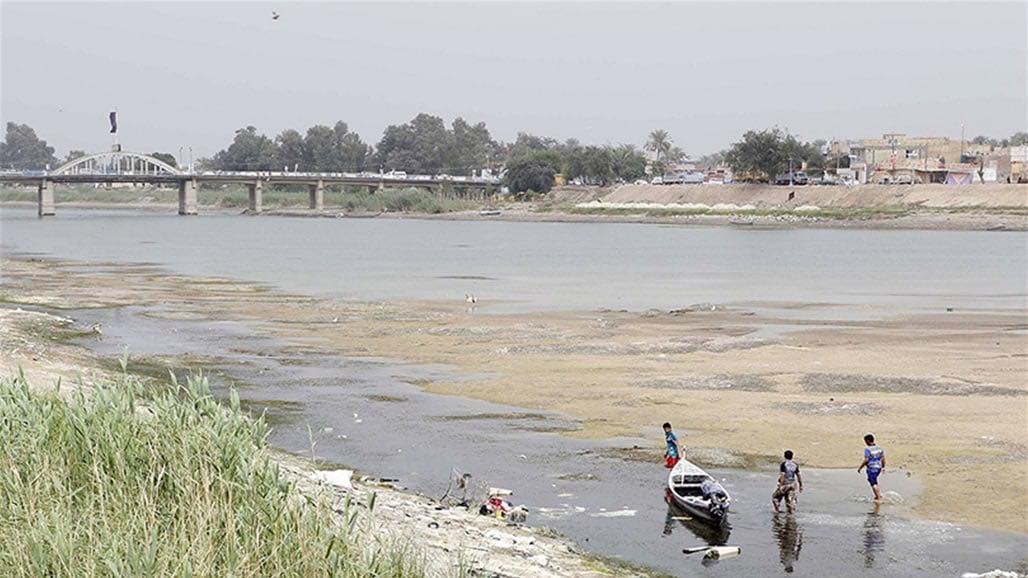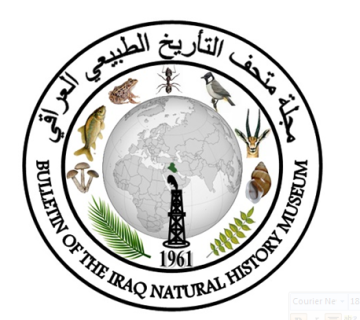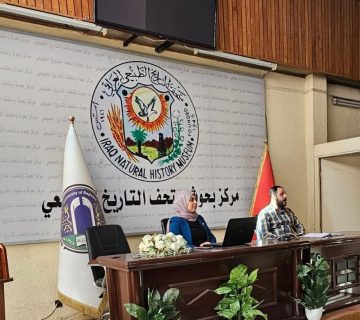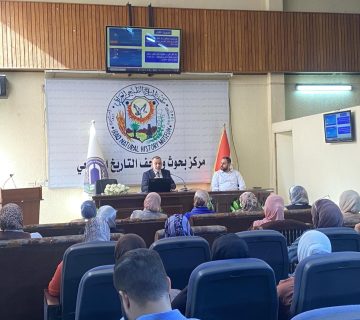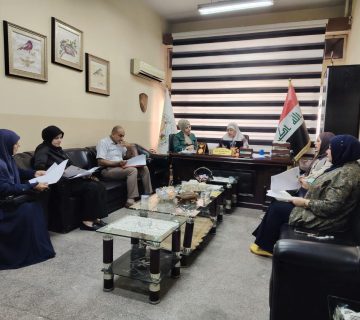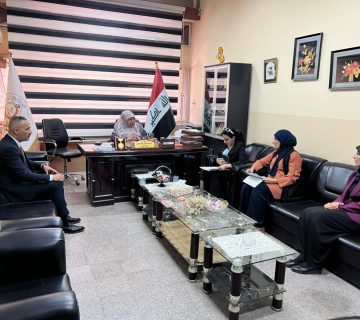Dams, Droughts, and Disappearing Rivers: The Looming Water Crisis in Iraq
The Global Grip of Water Scarcity:
Usable, freshwater represents only 0.5% of Earth’s total water, and climate change is tightening its grip on this precious resource. Over the past two decades, land-based water storage, encompassing soil moisture, snow, and ice, has dwindled by 1 cm per year, jeopardizing global water security (World Meteorological Organization).
Water and Climate Change: An Unsteady Alliance:
Climate change and water are intricately linked, affecting the world’s water in complex ways. Unpredictable rainfall patterns, melting glaciers, rising sea levels, floods, and droughts – most of these impacts stem from water. Sea level rise threatens to exacerbate groundwater salinization, further squeezing the availability of fresh water for coastal communities and ecosystems.
Iraq’s Thirsty Reality:
Over 70% of Iraq’s water resources originate outside its borders. The Tigris and Euphrates rivers, its lifeblood, are fed by Turkey, along with other rivers like the Karkheh and Karun nourished by Iran. Iran has diverted these shared resources, directing them towards its interior.
Dams and Diversion: A Double-Edged Sword:
Turkey has embarked on the ambitious Southeast Anatolia Project, constructing 22 dams on the Tigris and Euphrates and their tributaries. These dams boast a storage capacity of 100 billion cubic meters and irrigate around 1.7 million hectares. However, many of these dams lie on seismic fault lines, posing a potential humanitarian catastrophe in the event of a major earthquake.
Upstream Control, Downstream Consequences:
Reports from the Iraqi Ministry of Water Resources reveal that 20-30% of the Tigris River’s annual flow originates from Iran, primarily fed by the Sirwan/Diyala and Little Zab rivers. Iran’s control through the Equatorial Water Project has significantly reduced these rivers’ flow, impacting the Darbandikhan, Hamrin, and Dokan dams, leading to critical declines in their reserves.
Conclusion:
As climate change tightens its grip and upstream neighbors control the flow, Iraq faces a precarious water future. Addressing this complex challenge requires international cooperation, sustainable water management strategies, and adapting to a changing climate. Only then can Iraq quench its thirst and secure a water-rich future for its people.

